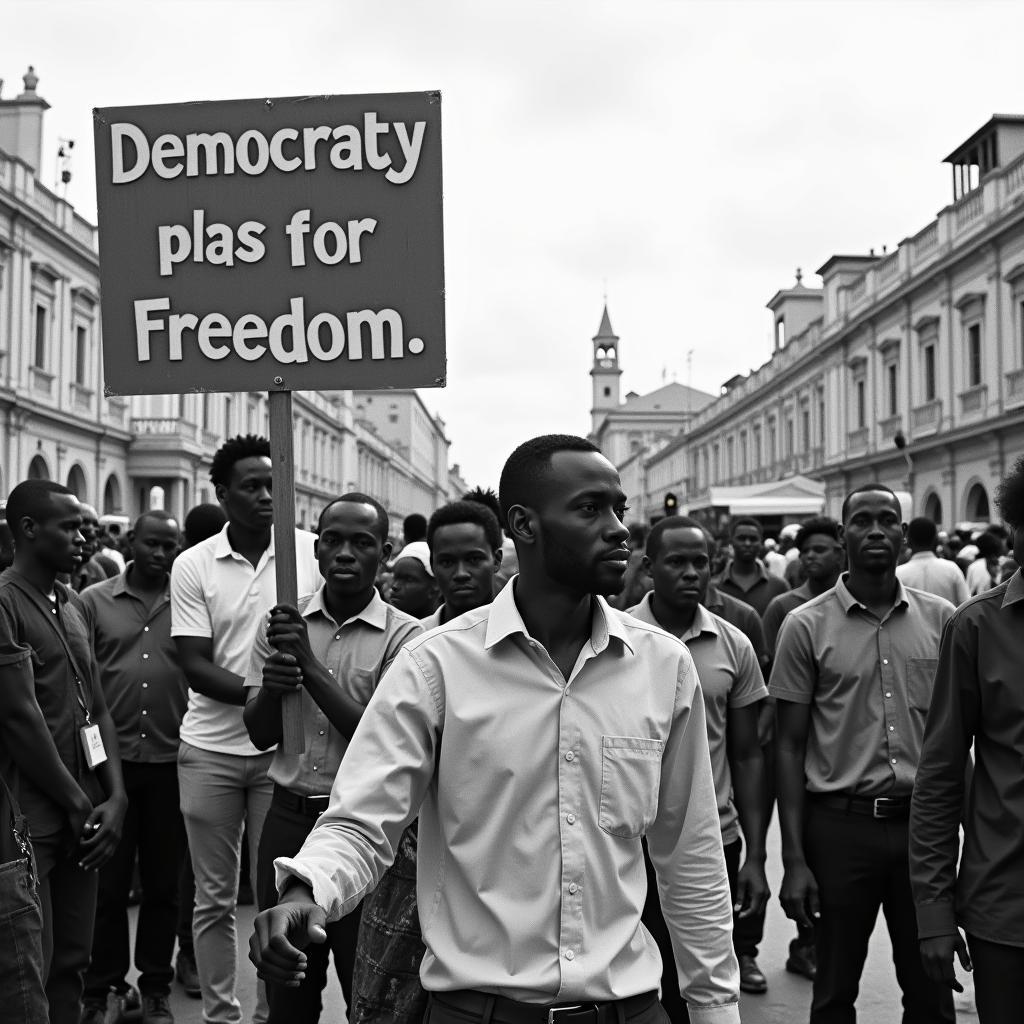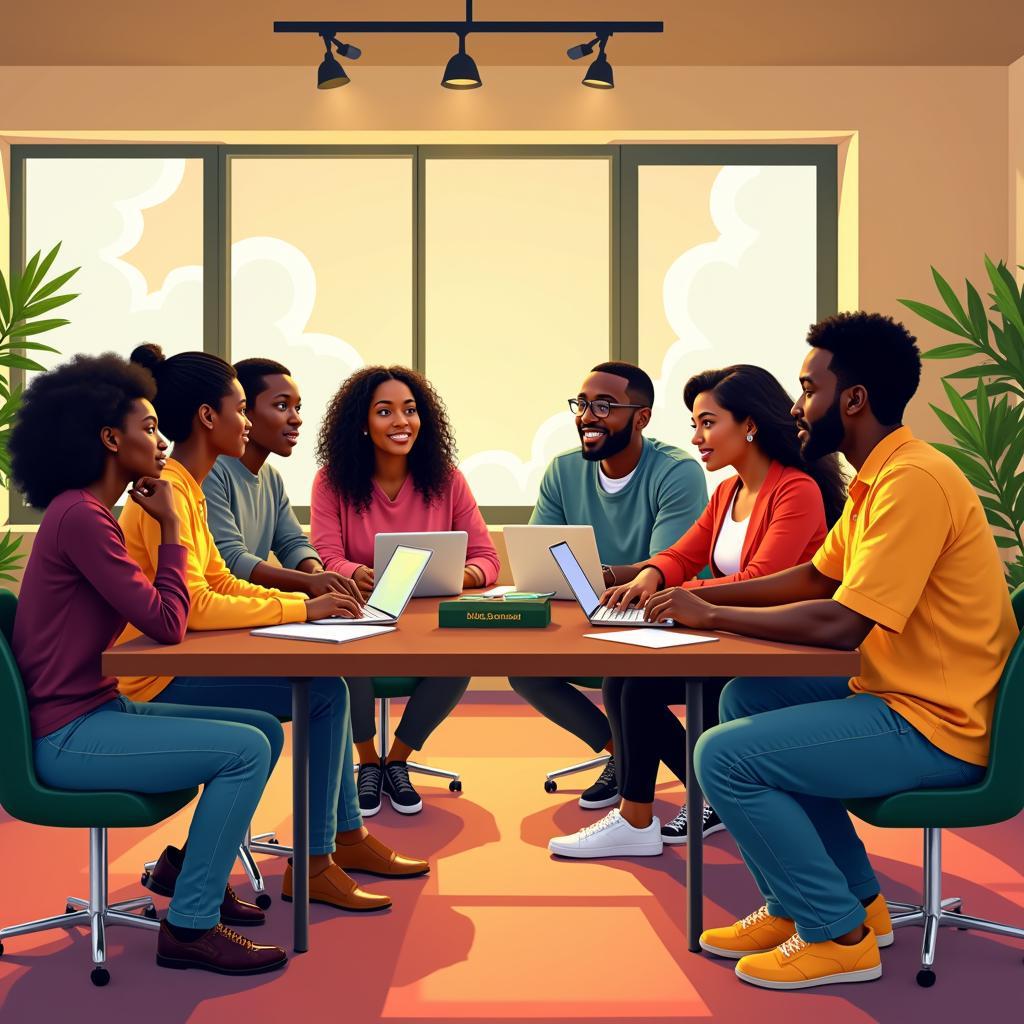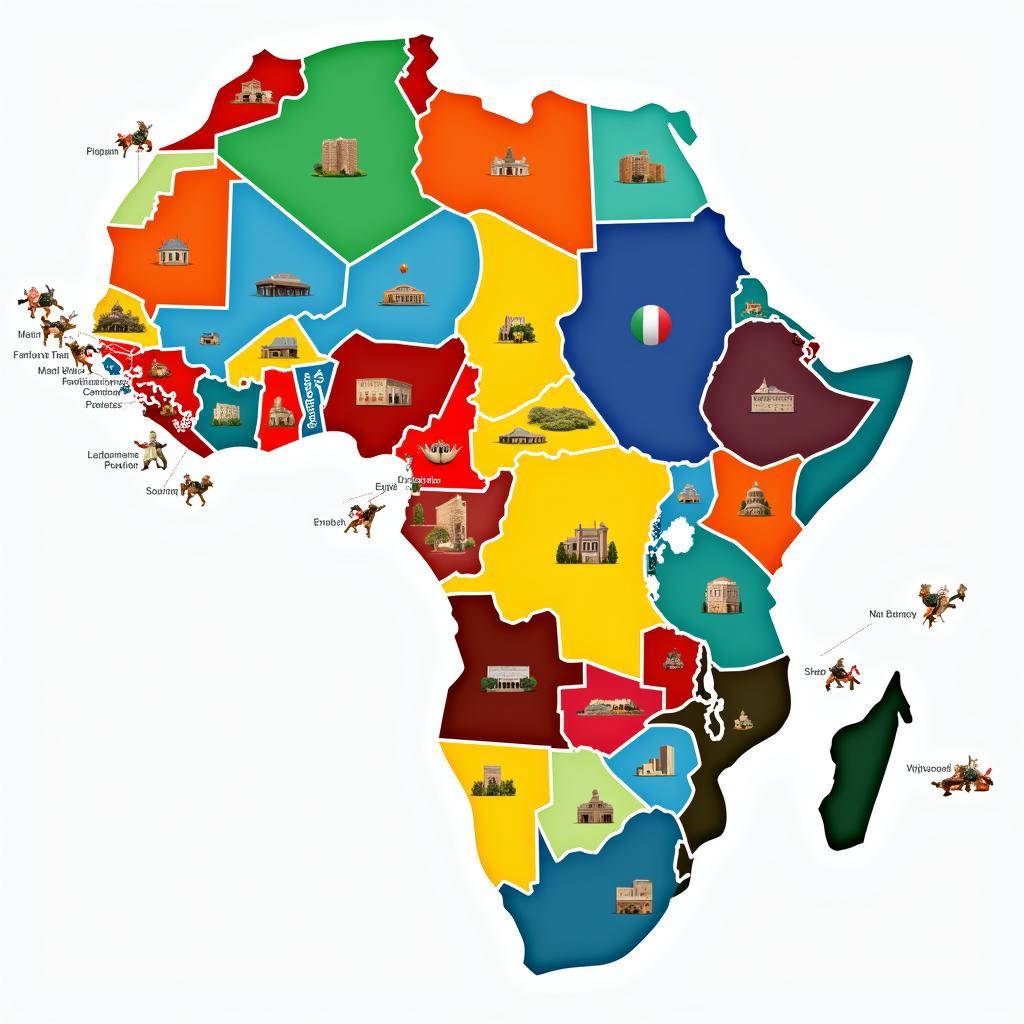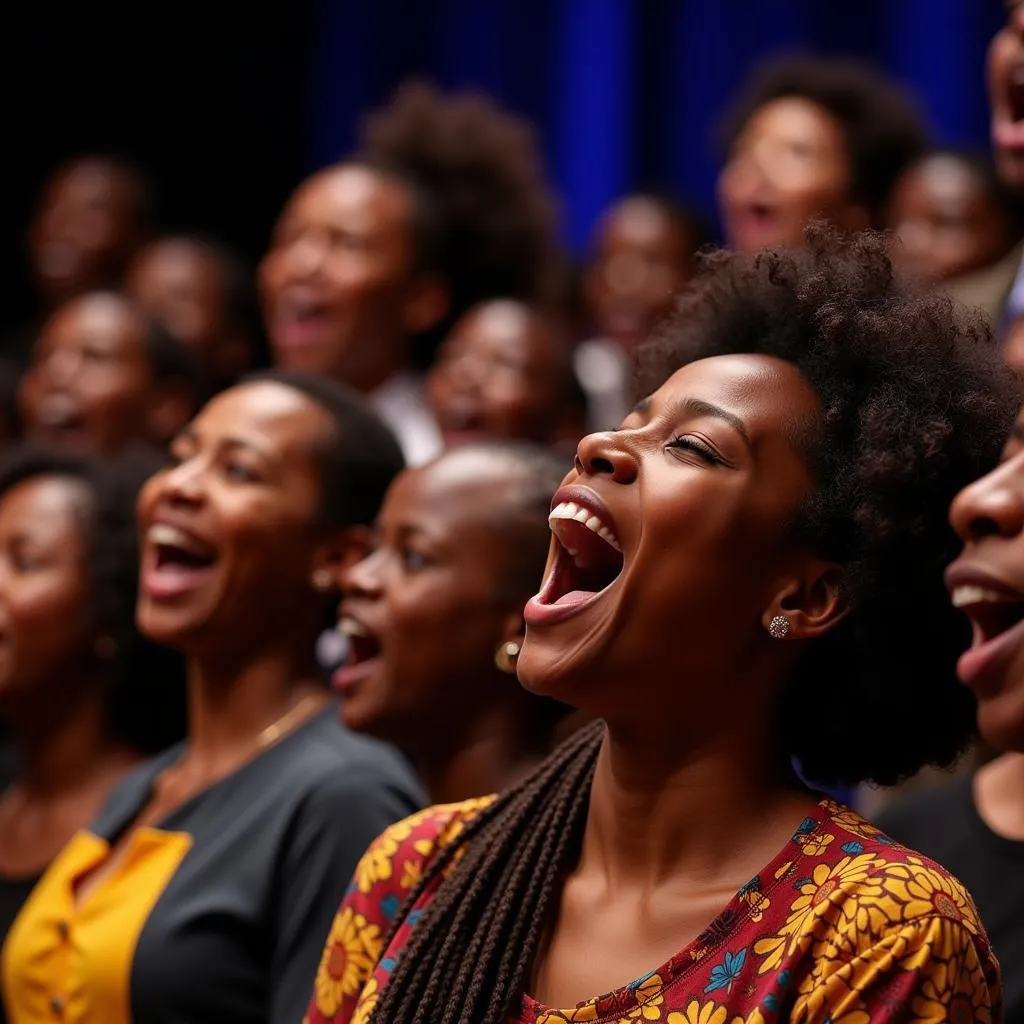Navigating the Landscape: African Democratic Citizens in the 21st Century
The concept of “African Democratic Citizens” speaks to the evolving relationship between individuals and their governments across the diverse continent of Africa. As nations grapple with legacies of colonialism, rapid modernization, and the ever-present pursuit of social justice, the role of the citizen takes center stage. This article delves into the complexities and triumphs of democratic citizenship in Africa, exploring the challenges, opportunities, and the dynamic landscape shaping the future of the continent.
The Legacy of Colonialism and the Struggle for Democracy
Understanding the present requires acknowledging the past. Colonial rule cast a long shadow over Africa, often suppressing traditional governance structures and imposing foreign systems that prioritized exploitation over empowerment. The fight for independence was therefore inextricably linked to the fight for democratic representation. The journey toward establishing democratic values and institutions has been fraught with obstacles. From military coups to authoritarian regimes, the path to true democracy has been marked by both progress and setbacks.
 Post-Colonial Africa: Challenges and Triumphs
Post-Colonial Africa: Challenges and Triumphs
African Democratic Citizenship Education Revisited: A Crucial Foundation
Education emerges as a cornerstone in cultivating active and informed citizens. However, traditional civic education models often fall short, failing to adequately address Africa’s specific context and needs. A reimagined approach to civic education is crucial, one that emphasizes critical thinking, inclusivity, and empowers citizens to engage in meaningful dialogue and hold their leaders accountable.
For instance, initiatives promoting financial literacy can empower individuals to participate in the formal economy and advocate for transparent governance. Similarly, digital literacy programs can help bridge the digital divide, giving more people a voice in the digital public sphere and enabling them to hold institutions accountable.
 African Youth Engaging in Civic Discourse
African Youth Engaging in Civic Discourse
African Charter on Human and Peoples Rights Freedom of Expression: A Beacon of Hope
The African Charter on Human and Peoples’ Rights stands as a testament to the continent’s commitment to upholding fundamental freedoms, including the right to freedom of expression, assembly, and association. These rights are not mere words on paper; they are the lifeblood of a thriving democracy, enabling citizens to voice their concerns, challenge injustices, and contribute to shaping their nations’ futures.
However, the reality on the ground often falls short of these aspirations. Restrictions on media freedom, limitations on civil society organizations, and the shrinking space for dissenting voices pose significant challenges to the full realization of democratic ideals.
African Countries and Capitals Wiki: A Continent of Diversity
It’s crucial to remember that Africa is not a monolith. Each nation boasts its own unique history, culture, and path to democratic governance. From the bustling metropolises of Lagos and Nairobi to the serene landscapes of Botswana and Namibia, the experiences of “African democratic citizens” are as diverse as the continent itself.
 Diversity in African Democracy: A Tapestry of Experiences
Diversity in African Democracy: A Tapestry of Experiences
Looking Ahead: Embracing Innovation and Inclusivity
The future of African democratic citizenship hinges on innovation and inclusivity. Leveraging technology, particularly mobile platforms and social media, holds immense potential for enhancing citizen engagement, promoting transparency, and fostering a vibrant public sphere.
Furthermore, ensuring the inclusion of marginalized communities, including women, youth, and rural populations, is paramount to building truly representative and accountable democracies. Their voices, perspectives, and experiences are essential for shaping a more just and equitable future for all.
Conclusion
The journey of “African democratic citizens” is ongoing, marked by both progress and challenges. By embracing the principles of good governance, transparency, and inclusivity, and by nurturing active and informed citizenry, Africa can continue to strive towards a brighter future—one where the voices of all citizens are heard, respected, and reflected in the governance of their nations.
Let’s work together to build a more democratic and prosperous Africa. For any inquiries or assistance, please contact us at +255768904061, email [email protected], or visit us in Mbarali DC Mawindi, Kangaga, Tanzania. Our dedicated customer service team is available 24/7 to assist you.


